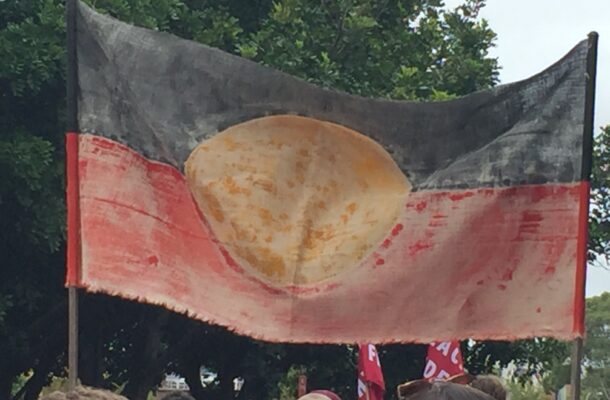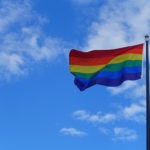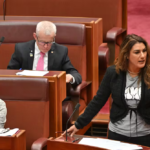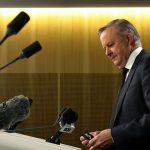Another way of hearing “The Voice”

The Constitution of Australia includes many principles and concepts, but the founders wisely avoided being too prescriptive. The purpose of The High Court is to interpret The Constitution and the law, but it does not make laws. That is the role of Parliaments. For example, The Constitution is silent about freedom of speech. However, the High Court has ruled that our freedom of expression is inherent within the democratic principles set out in The Constitution.
According to some proponents of “The Voice”, it is merely a constitutional concept, but unlike earlier legislative measures, it could not be changed or removed by government. However, its implementation would be a matter for the federal parliament and the bureaucracy. Therefore “The Voice” (as proposed), would be subject to the same political forces and bureaucratic shortcomings as existing and previous attempts to address Indigenous disadvantage.
Future enabling legislation would need to be more prescriptive than The Constitution. Functions and responsibilities not specifically prescribed in the enabling law might be deemed not to exist. So, the potential for future political disputes concerning the intended constitutional purpose and function of “The Voice” is obvious. Imagine how “The Dismissal” might have turned out in 1975 if the founders of our federation had left our right to vote with future politicians.
The High Court of Australia has already decided that Aboriginal and Torres Strait Islander peoples had rights to the land before the British arrived. It can be inferred from this and subsequent legislation that Indigenous peoples are already recognized and have the same rights as other Australians.Recognition of Indigenous peoples in The Constitution should be treated as an important but separate question from “The Voice”. A referendum to formally recognise Indigenous peoples in The Constitution would surely receive overwhelming endorsement.
The Constitution sets out, in detail, methods for electing our political representatives. Instead of conflating the “The Voice” question with formal recognition, a separate referendum question could ask for approval of an amendment to specifically include arrangements for the election of additional National Indigenous Senators in proportion to the Indigenous population of the nation as a whole, not by state or territory. Prior to elections, Indigenous people could choose to enrol on either the Indigenous or the general electoral roll, as Māori people do in New Zealand.
The National Indigenous Australians Agency (NIAA) website states: “We work directly to and support the Minister for Indigenous Australians. We work to influence policy across the entire Australian Government. We also liaise closely with State and Territory governments to ensure that Indigenous programs and services are delivering for Aboriginal and Torres Strait Islander peoples as intended.”
The Hon Linda Burney MP, the Minister for Indigenous Australians, should explain how a separate ‘Voice to Parliament’ would interact with the NIAA and what could “The Voice” achieve that cannot be done through the existing agency, albeit with the advice of elected Indigenous Senators, as suggested above?
The Commonwealth Government should heed the advice of eminent Indigenous leader Noel Pearson who said there is an “urgent need to elevate the goal of recognizing Indigenous Australians in the Constitution above the creation of the Voice advisory body.”
I agree with Mr Pearson and would add that if the government persists with its present approach, the referendum is likely to bring shame, division and national disgrace on Australia, far worse than Brexit has caused the UK.

Max Thomas, Dip. Agric. (retired) worked in the public sector and in private consulting on a range of land, water and waste management projects. He prepared guidelines for irrigation with recycled water for EPA Victoria and developed a number of Environmental Management Systems in the water industry.











